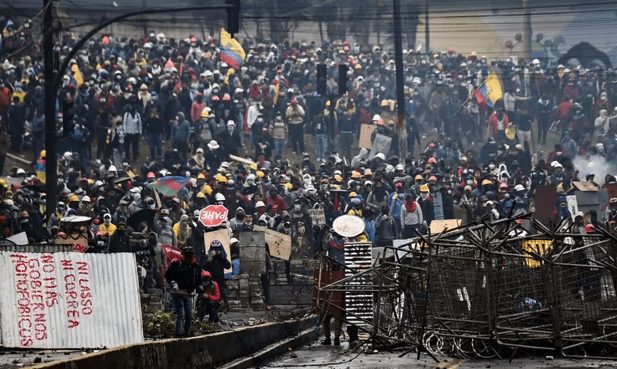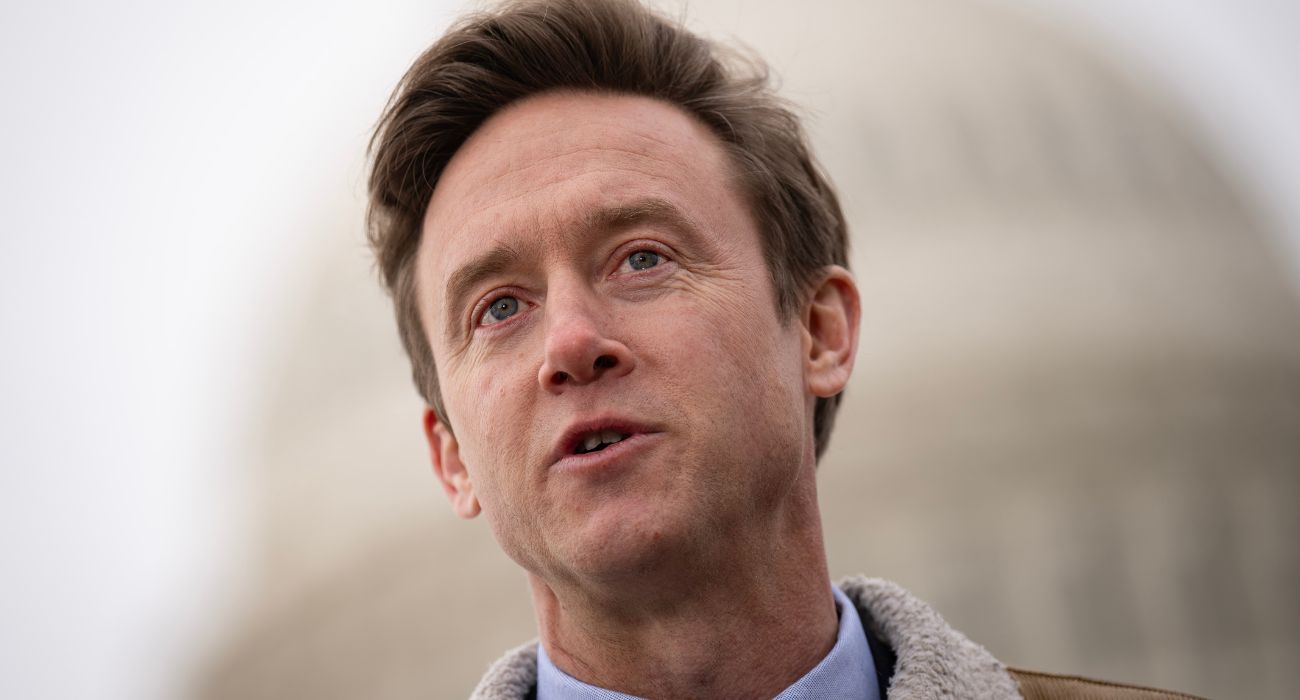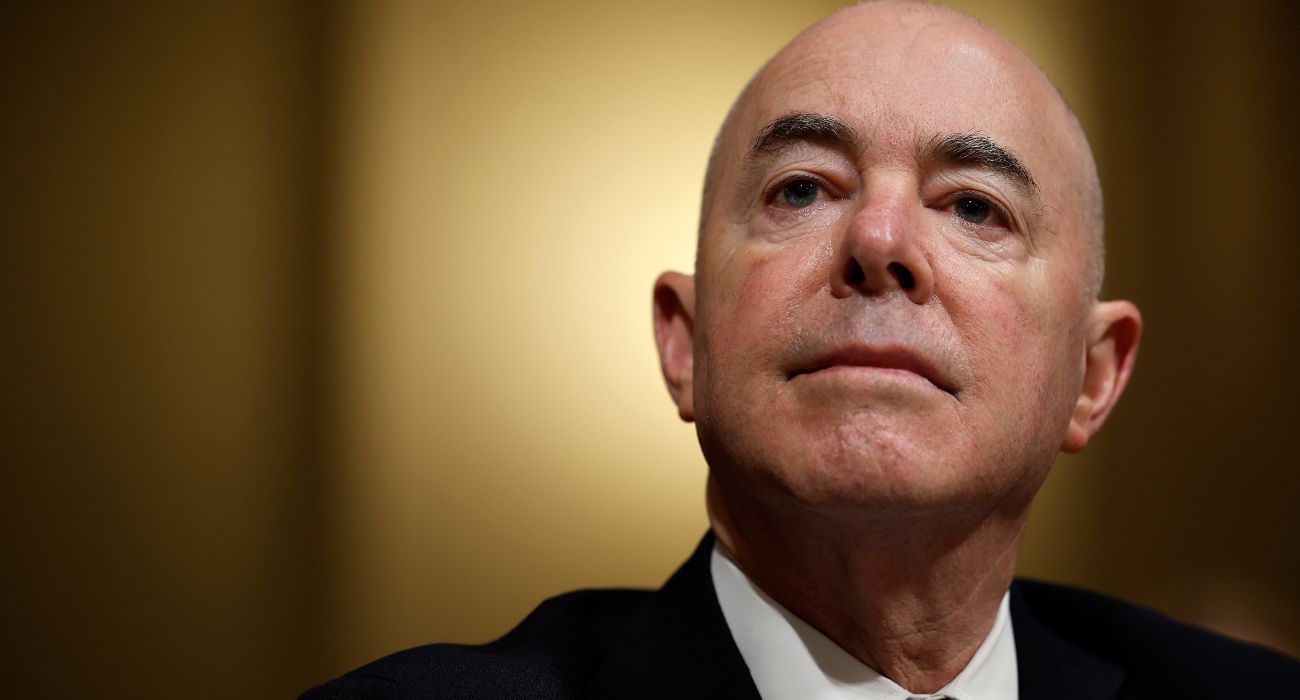Democracy in Ecuador may be under threat, according to analysts, as President Guillermo Lasso’s government endures growing protests led by indigenous groups.
The Confederation of Indigenous Nationalities of Ecuador (CONAIE) reported five protesters had died, while the government claims three people died during rallies, two were killed accidentally, and two died in ambulances hindered by roadblocks.
Accusing the state of not complying with their demands, the protesters are reportedly attempting to get the government to take actions such as reducing fuel prices and spending more on education as inflation increases in the country.
In 2019, Ecuador had a low inflation rate of .02%, according to the CIA World Factbook. In April of last year, Ecuador had an inflation rate of -1.47%, per Statista, which climbed to 3.38% as of May of this year.
Reuters reports that road blockades and shortages of gas, food, and medical supplies have resulted from the protests. The oil, dairy, flower, and tourism industries in the country face losses due to the demonstrations as well.
As part of his attempt to quell the protests, President Lasso announced a 10-cent-per-gallon reduction in gas and diesel prices, but the CONAIE said on Monday that the move was not enough to halt the marches.
“It’s an insufficient decision, without guarantee, and which does not alleviate the poverty faced by millions of families. Our fight does not end, nor does the right to resistance and protest remains in force,” the confederation said in a statement.
But one analyst argues the protests are an attempt to stage a coup against the government.
Gabriela Calderón, an Ecuadorian analyst and research associate at the Cato Institute, said, “There are three problems: drug penetration, radicalization of the indigenous political leadership, and the largest block in the national assembly are correistas: always looking for an excuse to destabilize any government that is not theirs. They all want to overthrow the president.”
Correistas support former president Rafael Correa. Lasso, a former businessman and writer, won last year’s presidential election against his opponent, Andrés Arauz, a Correa ally.
Another analyst claims the political turmoil and rioting have put Lasso’s government at risk of collapsing.
Gustavo Izurieta, a research fellow at Instituto Ecuatoriano de Economía Política (IEEP), said: “This political crisis has its genesis in drug trafficking. The drugs that go to the United States go by speedboats from the coast of Ecuador to the coast of Central America. That is one route, and another is from Ecuadorian ships with export products (bananas, pineapples, shrimp) to Europe.”
“There was a very strong complicity between the previous governments that were quite close to these leftist movements financed by drug trafficking,” Izurieta added.
Facing a worsening relationship with Ecuador’s national assembly over the protests, Lasso has apparently offered an olive branch by also decreasing security measures and announcing debt forgiveness and subsidized agricultural products.
According to Reuters, lawmakers are in the midst of debates about removing Lasso from office, but his opposition likely does not have enough support to accomplish this.






